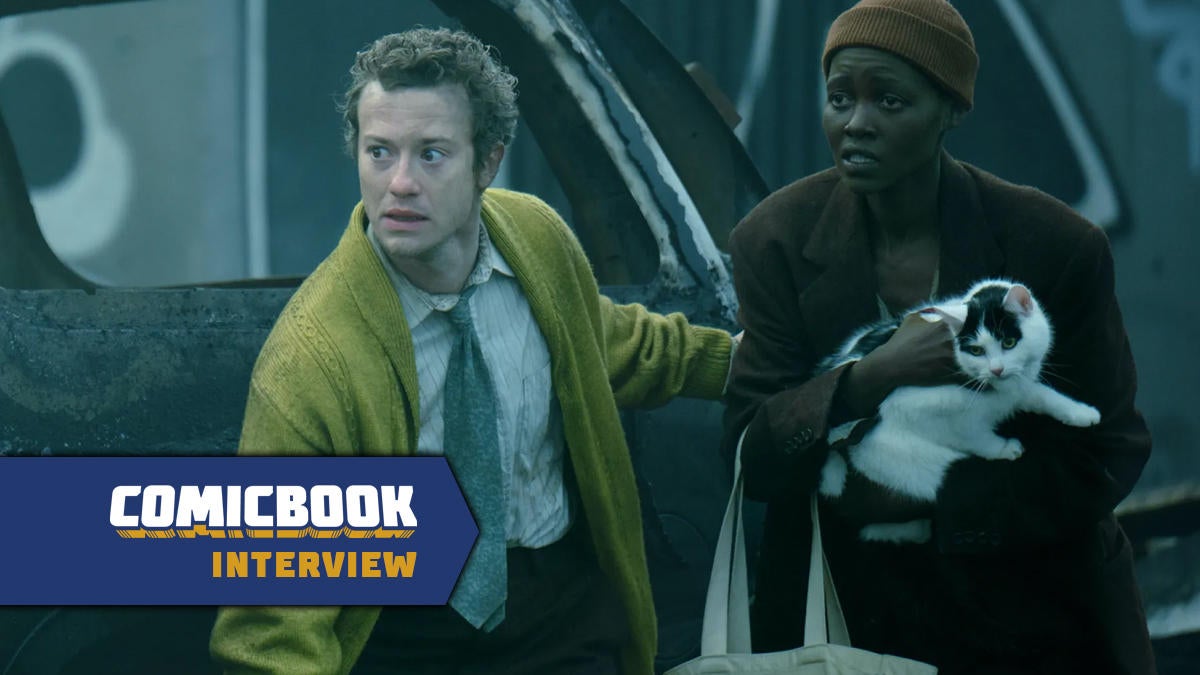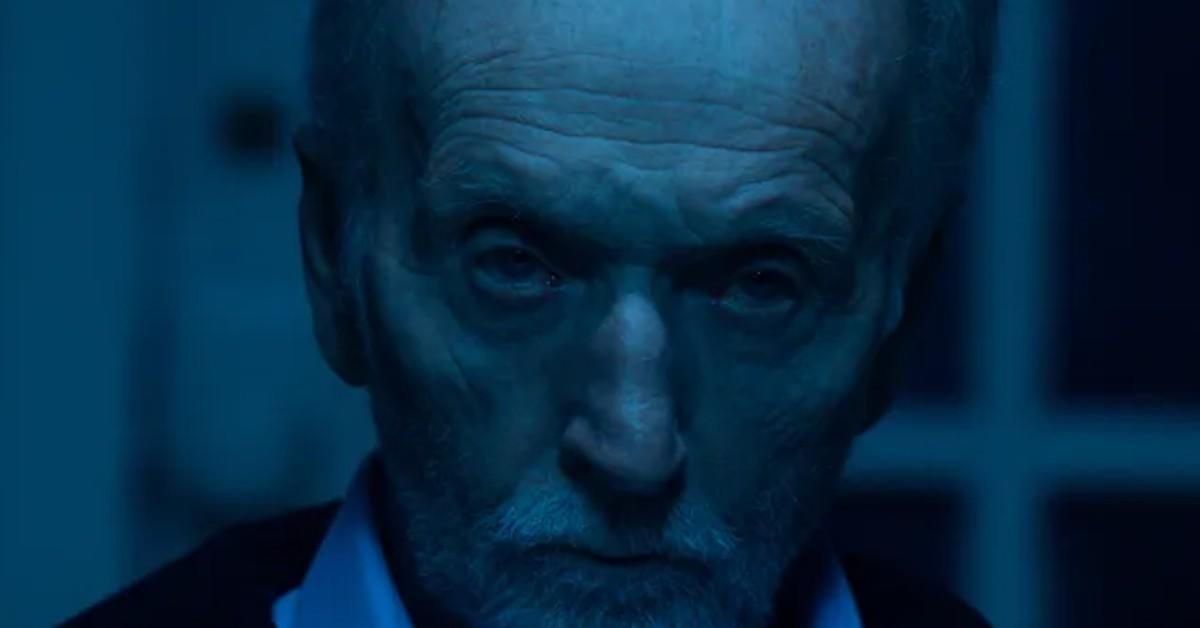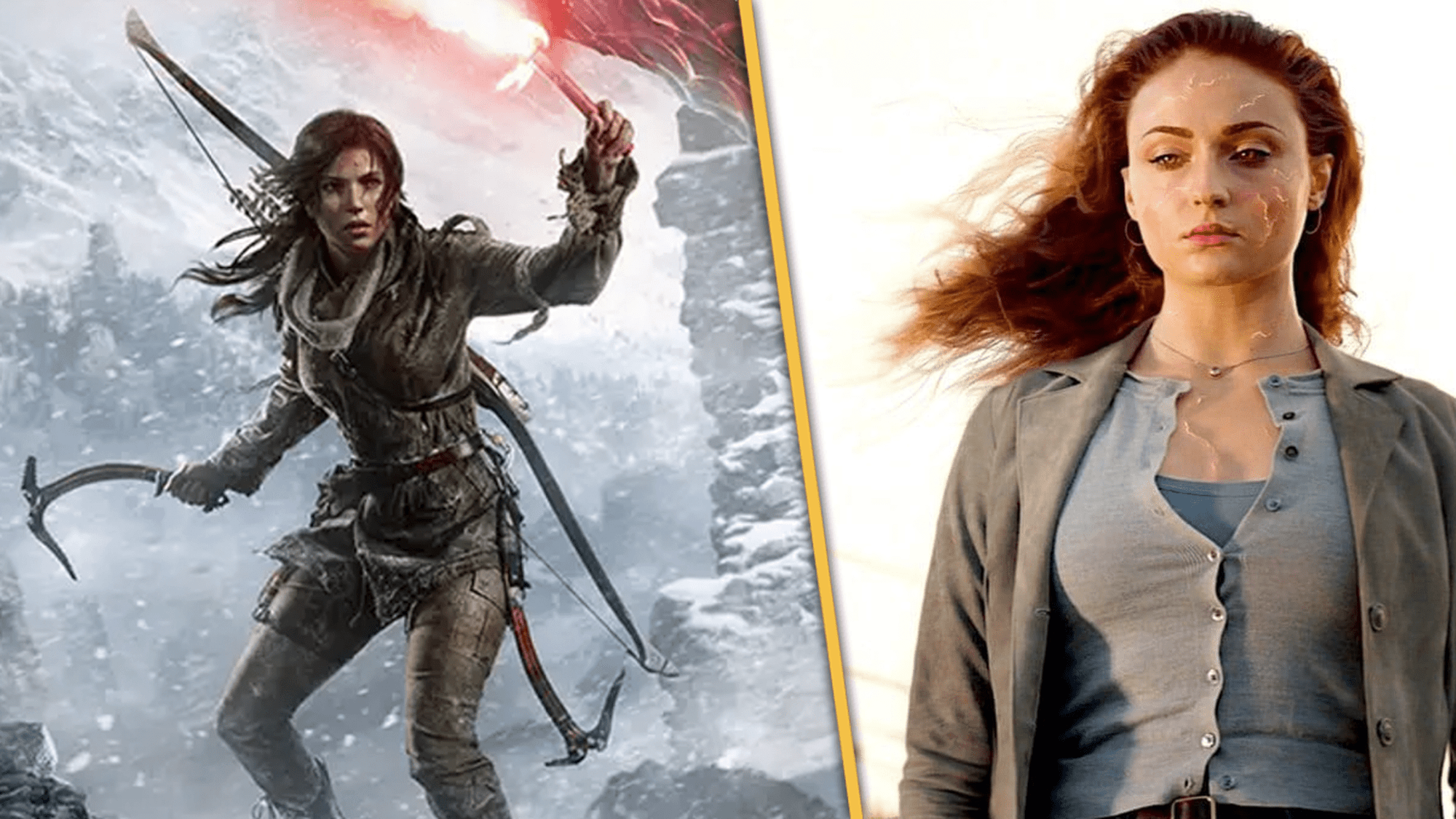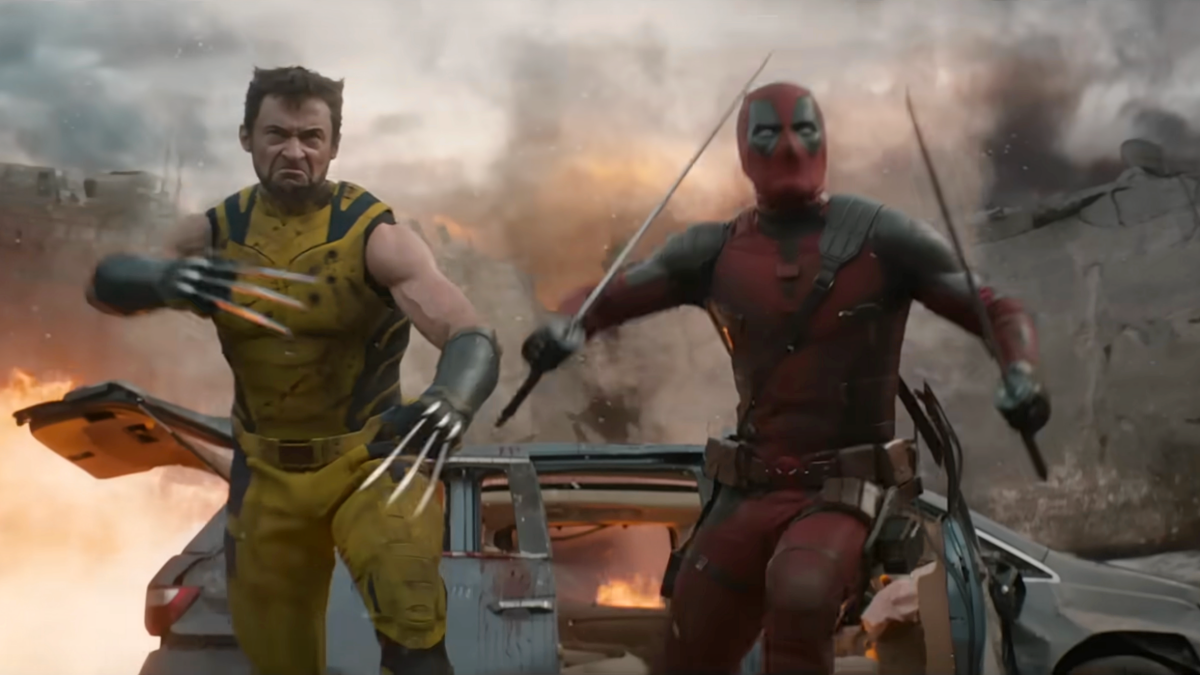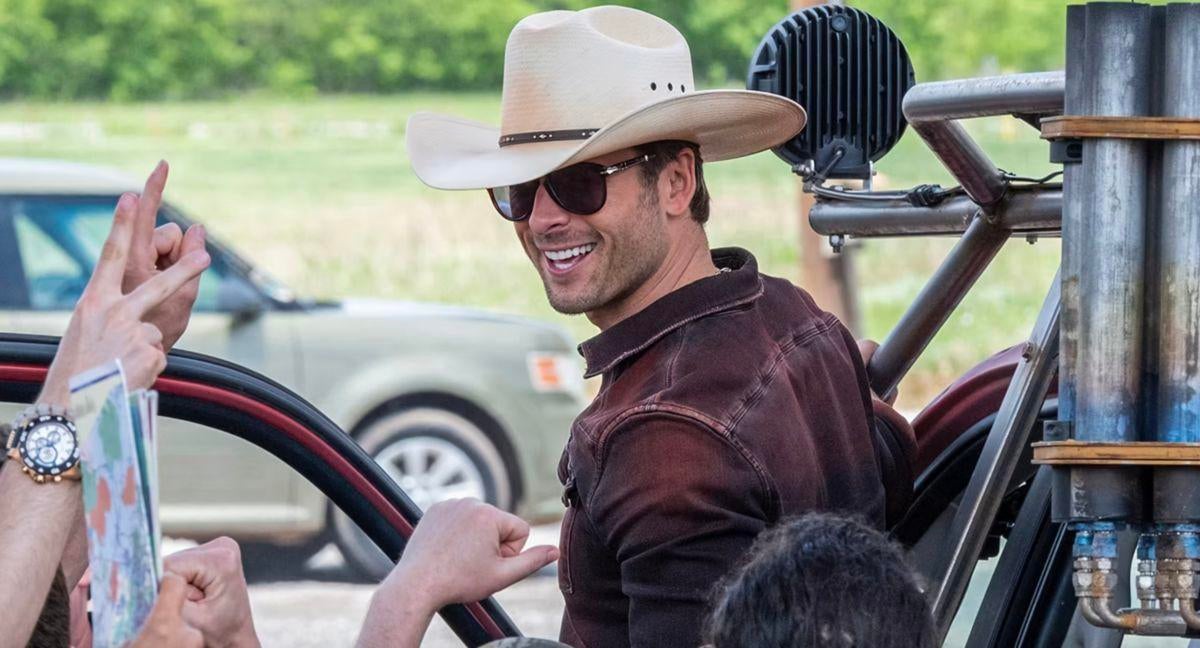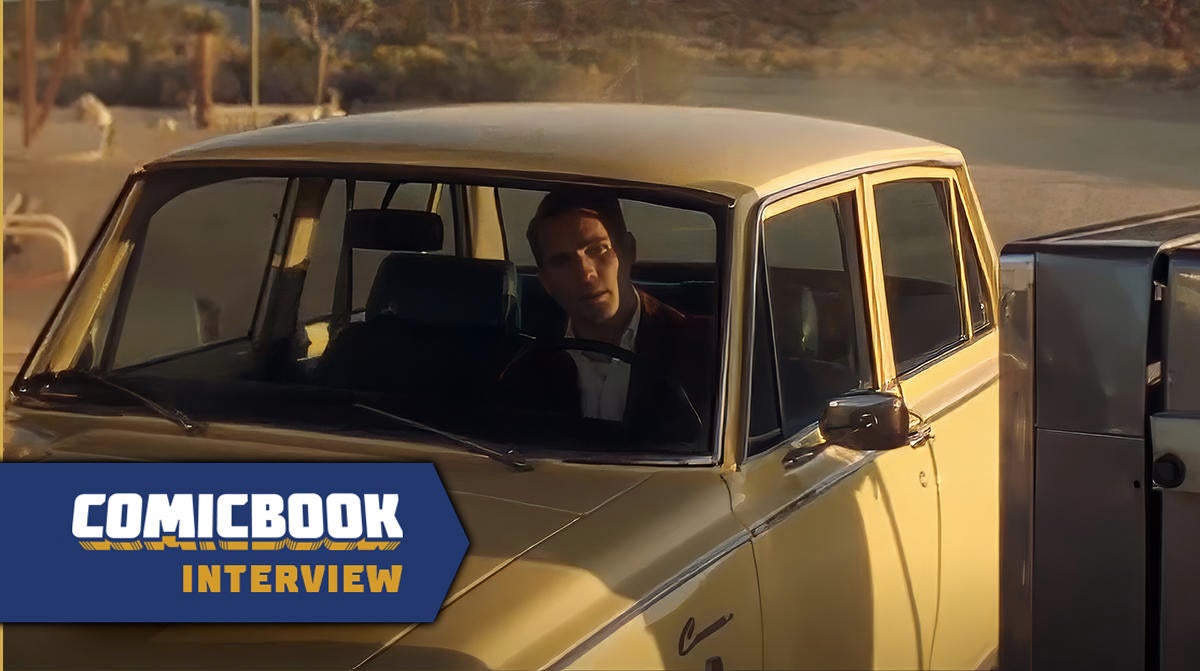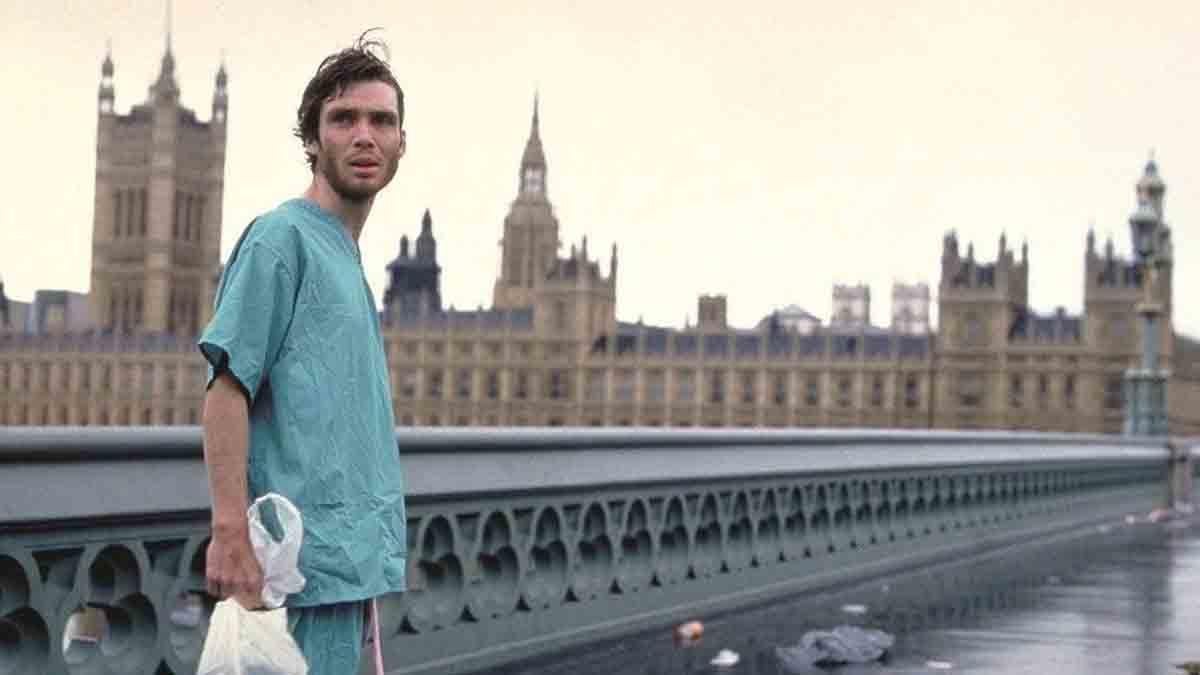After two successful horror experiences in A Quiet Place and A Quiet Place Part II, both of which never sacrificed an emotional center for scares, filmmaker Michael Sarnoski was tapped to develop a prequel that focused on a new batch of characters on the first day of an otherworldly invasion. With the first two movies being directed by John Krasinski, Sarnoski had the challenge of both honoring the films that came before it while also putting his own stamp on the concept that showcased why he was such a great fit for the franchise. A Quiet Place: Day One is available to buy or rent on Digital now and hits 4K Ultra HD, Blu-ray, and DVD on October 8th.
The movie is described, “Experience the day the world went quiet in this terrifying continuation of the A Quiet Place universe. When Samira (Lupita Nyong’o) returns home to New York City, her simple trip turns into a harrowing nightmare when mysterious creatures that hunt by sound attack. Accompanied by her cat Frodo and an unexpected ally (Joseph Quinn), Samira must embark on a perilous journey through the city that has suddenly gone silent, where the only rule is to stay quiet to stay alive. Djimon Hounsou and Alex Wolff also star in this intensely suspenseful thriller.”
ComicBook caught up with Sarnoski to talk about developing the film, finding the perfect feline actors, and more.

Joseph Quinn and Lupit Nyong’o in A Quiet Place: Day One
– Paramount Pictures)
ComicBook: When you jumped into this franchise, it’s only the third film in a series, but understandably, there’s going to be some, maybe not rules, but just some guardrails for where the story can go and what you were going to explore. I was just curious how those guardrails factored into the development of your script? If it was just built in from the get-go that you knew the things you could and couldn’t do or if it was that you had an idea and then you found out later, “Actually, we’ve got to tweak that a little bit,”?
Michael Sarnoski: It was more the latter. There wasn’t really a Bible of creature lore or anything like that. Most of what I learned about the creatures came from studying the first two films and then, if I had questions, I would ask John about it and he would let me know when it was like, “Oh yeah, here’s what we were thinking.” Or, “Oh yeah, we hadn’t gotten into that, so whatever you want.” So there was a lot of freedom in that way.
I wasn’t overly interested in the creature-lore element. I think part of what makes these creatures fun is that you’re not explaining every little thing and it’s just like, “Here are these things that, if you make a sound, you die,” and keeping that mystery I enjoyed. There’s something just very primal about that. I wasn’t trying to be like, “Oh, we have to explain every single thing about their reproductive habits and blah, blah, blah,” and so I tried to keep some mystery, but I tried to give a little bit of teasing some lore stuff.
Mostly, it was usually just a lot of conversations with John and with Paramount. The interesting thing is that it’s watching how people remember the previous movies and how they actually were. I think people sometimes remember how the creatures were portrayed in different ways than if you actually watch the movies that’s not, like they showed actually less than you thought or things like that. Figuring out what that balance is, so that it’s like, “Well, this is how we do the creatures in Quiet Place.” It’s sometimes how people remember that isn’t actually how it is and navigating that is tricky. But it’s also fun figuring out like, “Okay, we don’t want to give everyone exactly what they expect, but we want to still make this feel right for them.” I don’t know, it was just constant conversations.
Well, along those lines, you mentioned that you weren’t particularly interested in, “Okay, they came from Planet Zorp,” or whatever, but one of the definitely memorable scenes was the melon, egg, sustenance pool of ooze scene. For that scene, was that something that you included thinking , “You know what? Based on the animal kingdom, most likely what’s going on is this and they’re doing that,” or for you, was it just, “I want to show audiences just something weird and let fans speculate about the significance of that,”?
Definitely it was I had a specific idea for that. It came from watching the first two movies. I realized that the creatures, they don’t really leave bodies behind. You don’t really see corpses. The only corpses you really see are when there’s a train crash and it’s implied that they died probably in a train crash. So there’s this idea that the creatures are taking people with them and I think a lot of people assume that that meant they were eating people and I thought that was the more cliche way to go. I liked the idea, and you’ll actually see this on the behind the scenes in the DVD, we had some more expanding upon this, but I liked the idea that they were using people’s bodies to grow their food, like as an organic material to grow their food source.
That was based on animal kingdom stuff, that was based on leafcutter ants, which gather organic material from leaves and then put a fungal spore in them. From that, the fungus uses the leaf organic material to grow sugars that the ants can eat. I like that idea that, as vicious and scary as they seem with their sharp teeth, they’re not chowing down on people, they’re just using them as fertilizer. Then that turns them into farmers, which I found appealing both because it mirrored the Abbotts in the early movies and just because, it’s big claws and teeth, you usually assume predators. I like the idea that, no, the big claws are actually for cracking open their weird little melon things. I don’t know, I just thought it put them in a slightly different light.
Another thing about this movie that I think really stole the show were cat performers Schnitzel and Nico. For you, did you go through multiple different cats? Like maybe this cat can’t quite perform the things that are necessary or does this cat have a specific look? What was it about Schnitzel and Nico that you knew that this was the trainer and the cat that were going to be right for this movie?
Step one is you just meet a bunch of cats and you just try … They walk around the office and you watch them and go like, “Hello,” you see what vibe they have. Schnitzel just really stood out for me because I think a lot of the cats you meet are really cute. They should be on a cat food ad and they have big eyes. Schnitzel just looked a little more like a cat I would believe might be a New York Street cat. He’s adorable, but he’s not overly kept or whatever.
Then Nico, we actually, Schnitzel was a black-and-white cat, and Nico was a white cat who was his buddy. We dyed Nico to look like Schnitzel, so Schnitzel was our hero cat look and then Nico was … You just need at least two cats. I mean, sometimes you’ll have a dozen animals for a single animal, but in our case, I really wanted to keep it small so that every time they were on screen, you felt like you knew these cats. Schnitzel was sometimes better at certain thing, Nico was better at others, sometimes one would get tired or whatever, so you just work within their parameters and figure it out. Initially it was just that I bought Schnitzel as a wise old New York street cat.
Since this movie was such a hit with fans and critics and you have roots in more indie movies, is this something that you scratched off the list of like, “I got to do a big IP, franchise movie,” and now you’re going to focus on original works? Or do you think this has excited you and made you more interested in possibly returning to the world of A Quiet Place, if not a direct sequel to this, but another spinoff entry in that world?
I think both. Doing a big studio movie was never really a goal for me. I think one of the deciding factors in doing this was that I needed to make sure that it wasn’t because I was afraid to do it. So this proved to me that, “Oh, I can handle this and I enjoy this in a lot of ways, but it’s not the only space I want to live in in filmmaking.” I love doing smaller movies. I really loved doing a big movie. I just want to do a movie that’s the right size for the kind of movie that it is, and small ideas and big ideas appeal to me.
I think it’s nice to know, “Okay, if I want to do a big movie, I have the tools to pull that off, but I don’t have to because I get just as much joy from both and they exercise different muscles.” I’m not raring to go on a big studio movie. My next one’s more of a mid-range Robin Hood movie with Hugh Jackman, but I also am not against doing it down the line. I don’t know, I want to be able to play in both ponds.
A Quiet Place: Day One is available to buy or rent on Digital now and hits 4K Ultra HD, Blu-ray, and DVD on October 8th.
This interview has been edited for length and clarity. You can contact Patrick Cavanaugh directly on Twitter.
